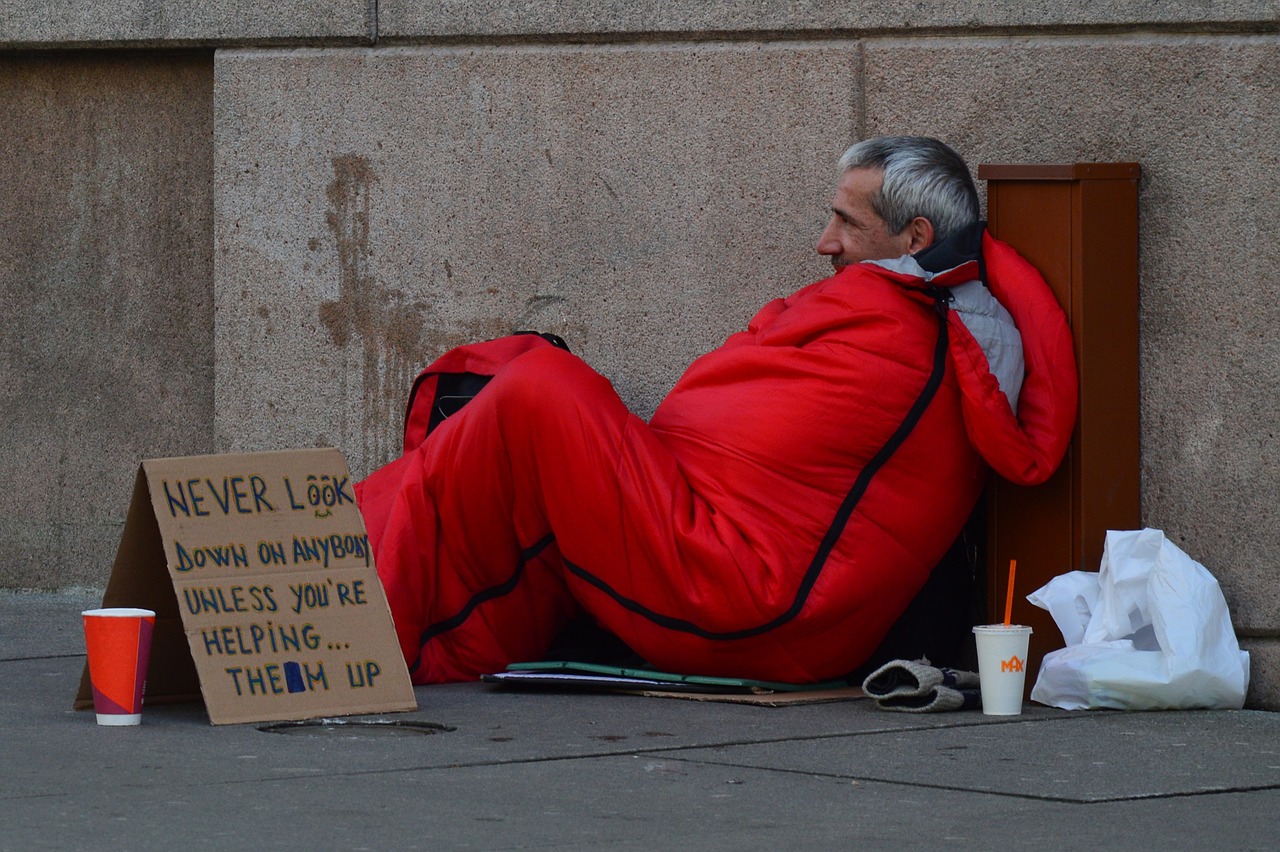When people have experienced war, they often return home with trauma. They have spent a considerable amount of time in a regimented routine which they can find it hard to be without when they get home. This puts them at a disproportionate risk for homelessness. This is a frightening thought; we want to be able to look after the people who fought for us. Unfortunately, their vulnerability has resulted in the neglect of elderly veterans.

A contributing factor to the increased risk of homelessness is the trauma they suffer in war. They often return with conditions such as anxiety and PTSD. If they are not given appropriate support, then this can make it very difficult for them to re-enter society. They may find it very hard to keep a normal job and make new friends and could end up isolated. They are also at a higher risk of substance abuse.
Another factor is losing the routine that the army provides. The army puts strict structures in place for when to wake up, when to eat etc. Especially if someone enters the army at a very young age, this structured way of living can be difficult to go without once it is all you know. Veterans must re-learn to motivate themselves. They need to quickly find jobs, learn to cook and pay bills. They may have joined the army initially because they didn’t have much hope or support back home. If this is the case then although they have lots of work experience, without friends and family around them it can be very difficult to make a new life.
It is not just the USA where this has been a problem, across the world veterans are at an increased risk of homelessness, going to prison or suffering from mental health problems. Furthermore, this is not a new problem. After WWI soldiers returning from the war were at increased risk for all of these things too. Over time, as a society, we have learned more about the causes of this but have failed to provide adequate support. In 1987 there were 300 thousand homeless veterans in the US.
The good news is that in 2019 the number of homeless veterans in the USA decreased by 2.1 percent and in the last decade it has decreased by 50 percent! That means that we are definitely on the right track in solving the issue of veteran homelessness. However, there are still far too many without a roof over their head. There are now an estimated 37,085 homeless veterans in the USA.
The goal of ending homelessness amongst veterans is an ongoing process. We must maintain government investments to prevent homelessness and rapidly re-house them. We must also continue to outreach to veterans and collaborate in communities and with employers to get veterans on the right track for building a life for themselves.
In conclusion, although veterans are still at a higher risk of homelessness, abuse, mental health issues, substance abuse and going to prison, we are making steps in the right direction. We know that what we are doing is working and just need to keep going. With the right support and early intervention, we can prevent people from becoming homeless and enable their transition to become valued members of society.